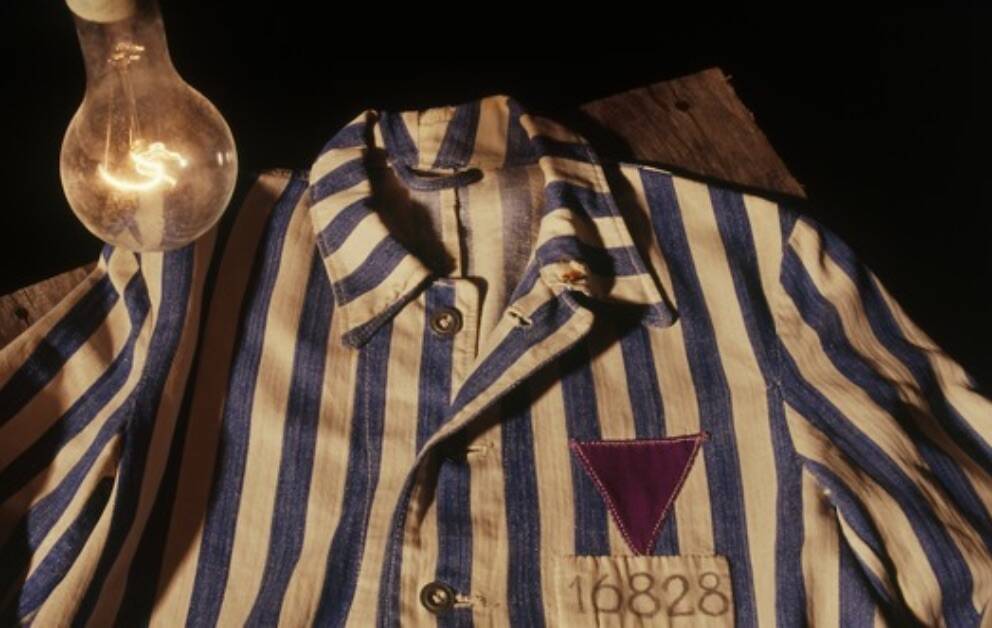Submitted by the Public Information Department of Jehovah’s Witnesses
Friday Harbor resident Aaron Highley remembers first learning of the Holocaust as a teen at a weekly meeting of Jehovah’s Witnesses. He recalled being deeply impressed by the example of strength and endurance set by the Witnesses under the intense persecution of the Nazi Regime.
“Their integrity and fortitude gave me the courage to try to be like them,” Highley said.
Jan. 27 — the anniversary of the liberation of the Auschwitz-Birkenau concentration camp — has been designated as International Holocaust Remembrance Day to honor the six million Jewish victims of the Holocaust and millions of other victims of Nazism. This year’s theme is “Fragility of Freedom,” emphasizing how religious expression and other freedoms are vulnerable to abuse and restriction.
Jehovah’s Witnesses, known in Germany at the time as “Bibelforscher” (Bible Students), were among the lesser-known victims of Nazi oppression. According to Professor Robert Gerwarth, the Witnesses were “the only group in the Third Reich to be persecuted on the basis of their religious beliefs alone.”
“We acknowledge and appreciate that Nazi persecution is first associated with the systematic murder of some two-thirds of Europe’s Jewish population,” said Jason Hohl, national spokesman for Jehovah’s Witnesses. “The scale of horror is without equal. We also recognize that other groups, including Witnesses, suffered profoundly.”
Of some 35,000 Witnesses in Germany and Nazi-occupied territories at the time, more than two-thirds were arrested for their faith, with nearly one in eight sent to concentration camps. Some 1,600 lost their lives, 548 by execution. Hundreds of children were taken from Witness families to Nazi homes or reformatories to be “Germanized.”
One of those was Hermine Liska, who was barely 11-years old when she was sent to a reeducation facility away from her Witness family.
She recalled in a memoir that “all citizens were expected to greet others with the ‘Heil Hitler’ salute. I refused to do so because ‘heil’ in German means ‘salvation,’ and I was not going to ascribe salvation to Hitler! I knew that Jesus Christ was my Savior.”
The Nazi regime branded Jehovah’s Witnesses “enemies of the State,” according to historian Christine King, because of “their very public refusal to accept even the smallest elements of [Nazism], which didn’t fit their faith and their beliefs.”
Adherents maintained a politically neutral stance based on their understanding of Christ’s teachings and refused to salute Nazi symbols, to take part in racist and violent acts, or to join the German army. Rather, Witness literature distributed to the public worldwide “identified the evils of the regime, including what was happening to the Jews,” King noted on the website of Yad Vashem, the World Holocaust Remembrance Center.
Consequently, the Witnesses were among the first sent to concentration camps, where they bore a unique uniform symbol, the purple triangle.



